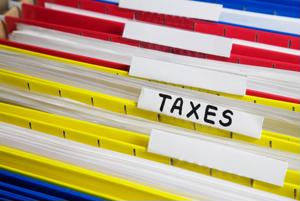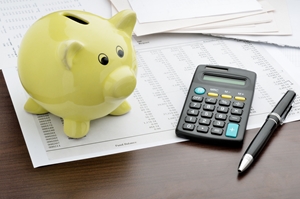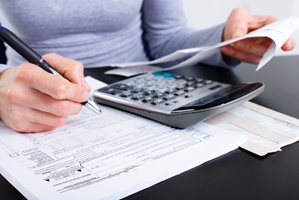
The Australian financial year runs from 1 July to 30 June of the following year, setting the stage for all your tax-related activities. Unlike the calendar year, this timeframe aligns with the Australian Government's budget cycle, making it essential to align your financial planning and reporting with these dates.
Key dates and deadlines for tax filing are critical to keep in mind as you navigate tax season. Failing to submit your tax returns on time can lead to penalties and interest charges from the Australian Taxation Office (ATO). These consequences can be a flat fee or a percentage of the tax owed, increasing the longer your submission is overdue. Late submissions can also trigger an audit or review of your tax affairs, leading to further scrutiny and potential stress.
So, with all that said, it's in your best interest to prepare early, ensuring you meet all deadlines and avoid these unnecessary complications. Here are some quick tips to ensure you're not scrambling at the last minute.
Stay organised year-round
Key documents you'll need when filing your taxes include (but are not limited to):
- Payment summaries
- Statements from financial institutions
- Receipts for deductions
- Invoices for personal services
- Records of sold or purchased assets
Don't just wait to gather them all — make it a year-round activity. Keeping your receipts and financial documents organised throughout the year can save you a significant amount of time and stress when tax season arrives. Develop a system for storing paperwork such as receipts, whether it's a physical folder or an electronic filing system. Then, update your process as necessary. This habit not only prepares you for tax time but also helps in tracking your spending and managing your finances more effectively.
Maximise deductions and credits
You might be overlooking valuable deductions that could significantly reduce your taxable income. Common expenses like work-related costs, home office expenses and professional subscriptions are deductible. However, less obvious items such as laundry expenses for work uniforms, or the depreciation of tools and technology used for professional purposes can also be claimed. It's worth reviewing the ATO's full list of allowable deductions or consulting with a tax professional to ensure you're not missing out on any potential savings.
Make more informed decisions
Early planning for tax season not only helps you avoid the last-minute rush but also contributes positively to your overall financial health. By keeping your financial records organised throughout the year, you're better positioned to understand your financial situation and make informed money decisions. This proactive approach can lead to more strategic investments, timely debt management and a clearer understanding of your spending habits.
Also helpful to your financial health — working with the experts at WMC Accounting. Reach out to us to learn how we can assist you with your tax needs.



